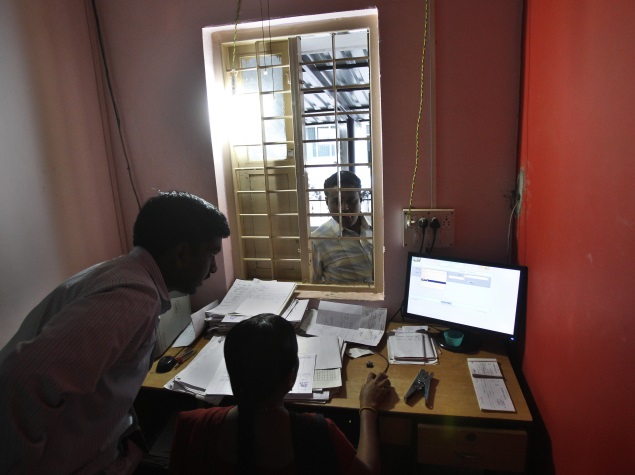Heady Days for Tech Sector 15 Years After Bubble Burst: Report
Advertisement

Fifteen years after the bursting of the dot-com bubble, the tech sector is flying high again, with record amounts of cash pouring in, and renewed fears about inflated valuations.
A survey by the EY (formerly Ernst & Young) group counted 3,512 mergers or acquisitions in the tech sector in 2014, for a total value of $237.6 billion, the highest figure since 2000.
The report said the outlook for deals in 2015 remains "robust."
There are no signs the trend is slowing.
"Tech investment bankers have told us that their pipelines are fuller than they've been in years, while corporate development executives indicated they expect to be even busier shopping this year," said Brenon Daly, analyst at 451 Research.
Advertisement
The 451 Research report suggests more dealmaking is coming in hot segments such as mobile tech, security and cloud computing.
Startups like Uber and Snapchat meanwhile have seen their values soar with new capital inflows.
Advertisement
Thirty-eight tech companies entered the billion-dollar club clast year, including 25 in the US, according to the research group CB Insights which tracks venture capital.
Part of the euphoria around the sector also comes from giants like Apple, which broke all records with an $18-billion profit in the past quarter, and Chinese online group Alibaba, which raised a record $25 billion in its initial public offering.
Advertisement
The consultancy PwC said 2014 was the "best year of the decade for global technology IPOs."
A question of value
The key question for investors in the sector is whether the sky-high valuations are indications of innovative companies with tremendous growth prospects or mere speculation.
Uber's investment valued the ride-sharing service at $41 billion; home-sharing service Airbnb's worth is estimated at $10 billion, a similar level to that of Snapchat and Dropbox; and streaming music group Spotify at $7 billion.
These investments come in the wake of Facebook's $22 billion deal to buy the messaging service WhatsApp.
"The valuations are way out of line," said Roger Kay at Endpoint Technologies Associates.
Still, Kay noted that "the mood is different because people do remember 2000. In 2000 they really thought it would never end, and it was sort of pure bubble euphoria. This time euphoria is tempered with a bit of cynicism."
'Reality-based'
The EY report says however that this time, values are grounded in reality.
"Unlike 2000, it was no bubble," the report said. "Despite the occasional 'moonshot' from a handful of deep-pocketed buyers, the vast majority of deals were measured in reality-based multiples of good-old-fashioned revenue, profit or cash flow."
Some analysts point out that the Nasdaq stock market index, seen as an indicator of the tech sector, still has not returned to its record high of 5,100 hit in March of 2000.
Michael Stiller, tech analyst with Nasdaq's Advisory Services unit, said the tech sector "generally is still considerably cheaper than in 1999" and that the companies have more realistic business models.
"It's a totally different environment," Stiller told AFP.
"We now have three billion people online versus 400 million in 2000, a 7.5-fold increase. So many of the ideas that were conceived in 2000 are now feasible as the market is eight times as big relative to 15 years ago."
Stiller noted that while some tech companies look expensive, these companies have become more mature, and are getting real revenues and profits.
"Large cap tech companies are flush with cash and it flows down to other parts of the sector," he said.
"Real earnings from tech companies are actually in the books, not just metrics like eyeballs and page views."
For the latest tech news and reviews, follow Gadgets 360 on X, Facebook, WhatsApp, Threads and Google News. For the latest videos on gadgets and tech, subscribe to our YouTube channel. If you want to know everything about top influencers, follow our in-house Who'sThat360 on Instagram and YouTube.
Advertisement
